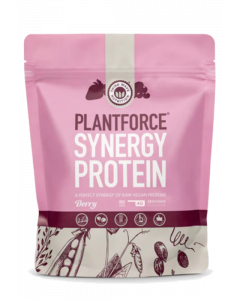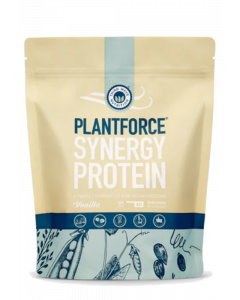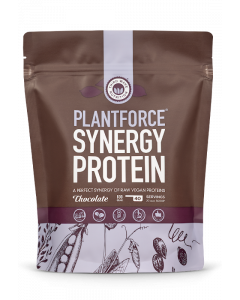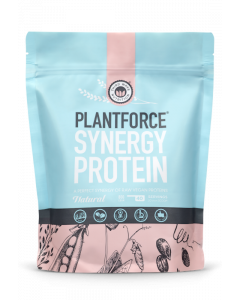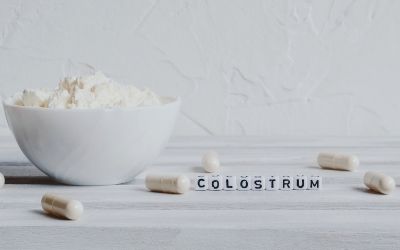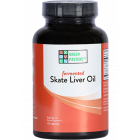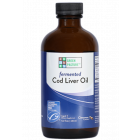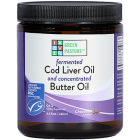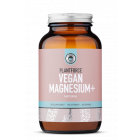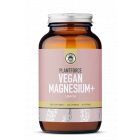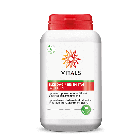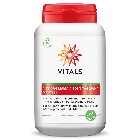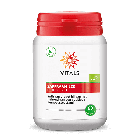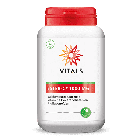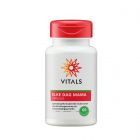Can We Boost the Immune System?
- By Patrick McCarthy (MSc)
- 8 Feb 2021

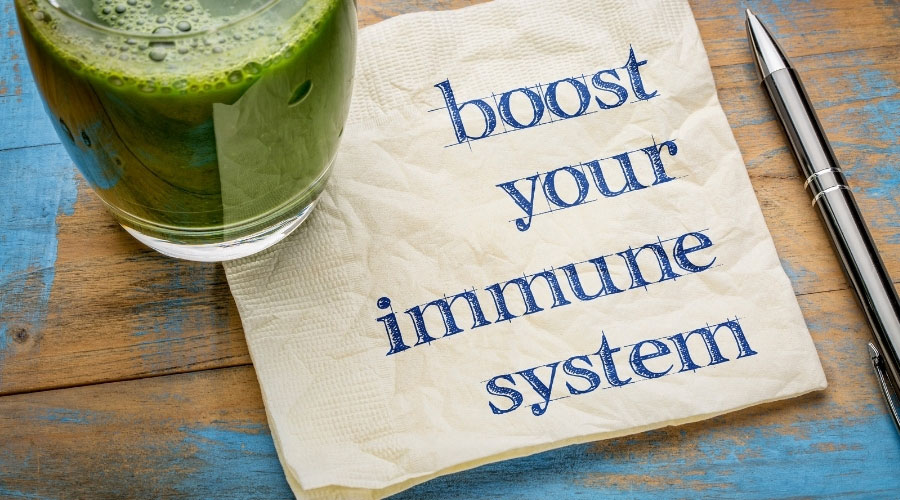
The immune system is exactly that, an internal system that fights off disease and infection and works continuously to keep us healthy and free from disease. And in short, whilst it is a lot easier to sell things to people based on the idea that we can ‘boost’ the immune system, there is no evidence to show that this is true.
I mean, how would that even work? There are so many different processes that work together symbiotically, one supplement or ingredient couldn’t possibly ignite these right?
Nope.
However, there is evidence to show that several important nutrients along with lifestyle behaviours that can help strengthen our immune system over time. That is why you probably have some friends that eat very well, are quite active, get to bed on time and seem to rarely come down with a cold. Hey, that person might be you!
In this article, we’ll briefly distinguish between ‘boosting’ and supporting a resilient immune system.
What is the immune system and how does it work?
Our article next week is going to cover this topic in depth, so we’ll just briefly outline it here. The immune system is made up of two main components - innate and adaptive immunity.
Innate immunity is the first line of defence and is pretty much active all the time. How can it be active all the time?
Easy! This line of defence is made up partly by physical barriers including our skin and the bacteria in our digestive tract. It also includes special immune cells that we have an abundance of (e.g. Phagocytic and natural killer cells) which will come to the rescue if any pathogen or invader gets past the initial defence system (Source: Examine.com). These immune cells are delivered through an inflammatory process, which is one of the reasons autoimmune disorders are typically characterised by inflammation.
This line of defence is important to protect us from the common cold, germs on surfaces, some food bacteria and other less aggressive forms of pathogens.
Next up is the more adaptable and highly specific component. This is important for more threatening invaders that require an antibody response. However, because all pathogens and invaders contain different genetic codes, the body needs to synthesise pathogens to fit target these specifically. That is in essence, how a vaccine works, because once these antibodies have been produced to fit and eradicate a certain virus, they will remain in the body for some time.
So, why can’t we ‘boost’ the immune system?
Whilst there are certain nutrients and lifestyle factors that can support an optimal-functioning immune system, there is little to no evidence supporting the ability for a single food/nutrient to boost the system as a whole.
One of the main reasons for this is because the immune system is a complex web of dynamic systems, enhancing the function and activity of one part may not translate to an improvement across the whole system.
Think of a soccer player, for example. They are given these brand new, revolutionary shoes that are supposed to ‘boost’ performance. However, the athlete hasn’t been consistently practicing or taking part in training. Instead, the athlete that has been consistently practicing and developing their skillset in the gym will show improvements, regardless of their footwear (unless they are wearing sandals).
So you see, the vitamins and minerals that you may take to ‘boost’ the immune system will not do a whole bunch if you are not doing the essentials. You are effectively majoring in the minors.

How can we support and build a resilient immune system?
This is a better question! We will quickly run through some of the factors, dietary and otherwise, that can help contribute to an optimal functioning immune system. The first and
When a human becomes infected there is an increased energy cost to fight that infection. So, first off, we will need to ensure adequate energy is consumed on a daily basis. Put in simple terms, just eat enough! This is especially important for athletes, that have high training loads, and may be at risk of low energy availability. It has been shown in these individuals that immune function can suffer.
Protein
For protein, the recommendation is to avoid low protein intakes. There are some specific amino acids that can be prioritized with the goal of improving immune function, glutamine is one of the most commonly suggested.
Antioxidants
Antioxidants are compounds that we consume from plant foods e.g. fruits and vegetables. They are very important as they neutralise harmful molecules known as free radicals that accumulate in our bodies when we smoke, drink excessive alcohol, stress but also healthful activities like exercise.
Too many of these free radicals over long periods of time can reduce or impair immune response (Source: ScienceDirect) increase or risk of illness and disease. To get enough of these in your diet, ensure that you eat enough fruits and vegetables. For those that have trouble meeting their needs, green and superfood powders along with multivitamins can be viable options.
Omega 3 fats
Omega-3 is a class of essential fatty acids that we need for a variety of functions. They can have anti-inflammatory and anti-viral properties which can prevent viral pathogens from replicating once in the body. With these, ensuring you are consuming enough is important, but taking more than is needed will not likely provide an added benefit. If you do not consume fatty fish regularly (2-3 times a week), strongly consider supplementing to meet your daily requirements (250mg/day of EPA & DHA combined). (Source: EFSA Journal)
Some supplements, including probiotics, plant polyphenols, and bovine colostrum, may benefit immunity and reduce risks of infection if taken regularly in sufficient doses. (Source: Jeukendrup & Gleeson)
Vitamin D
This is a crucial vitamin, which is technically a pro-hormone (converted in the body) that many under-consume, especially in countries with long, dark winter months. Maintaining sufficient vitamin D levels has been deemed likely beneficial for immune function and resistance to infections, so regular sunlight exposure or supplementing with 1000-2000 IU/day vitamin D3 is recommended (Source: NCBI, MDPI).
Vitamin C
Vitamin C acts as an antioxidant in the body and plays an important role in supporting a resilient immune system. It is important to consume enough vitamin C through coloured fruits and vegetables, and if you do not eat these on a regular basis, a supplement is useful (Check out our all-natural Vitamin C complex).
While for the most part, more is not always better, some studies have shown that high-dose vitamin C can reduce duration and severity of the common cold. (Source: Hindawi)
Practical tips for a strong, resilient immune system
We really hope this article was helpful and provided you with some unique insights. There is still a lot of research emerging each and every day, and so nothing can be said with conviction. What we do know, according to Harvard Health, is that the following behaviours are important for maintaining a strong and healthy immune system -
- Don't smoke.
- Eat a diet high in fruits and vegetables.
- Exercise
- Maintain a healthy weight
- Drink alcohol in moderation or not at all
- Get adequate sleep
- Take steps to avoid infection, such as washing your hands frequently and cooking meats thoroughly
- Try to minimize stress
Written by Patrick McCarthy, our nutritional content creator, with a Master's degree in human nutrition and a Bachelor's degree in exercise science.


